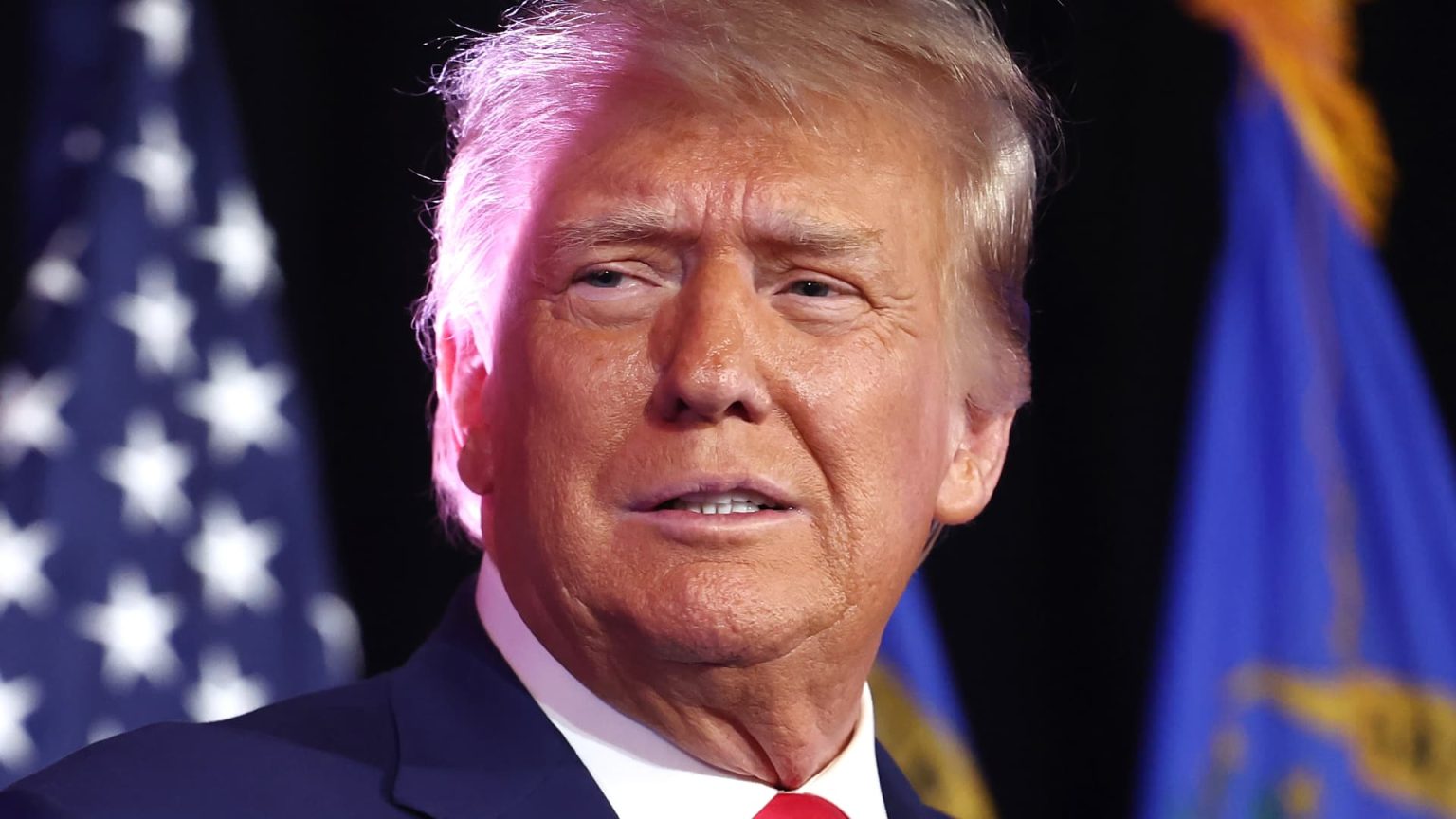WASHINGTON — A New Jersey man who had his prison sentence for running a massive Ponzi scheme commuted by Donald Trump on the final day of his presidency was charged Wednesday with orchestrating a similar scheme.
Eli Weinstein and four accomplices are accused of overseeing a new Ponzi scheme that prosecutors say has defrauded 150 victims out of more than $35 million.
Weinstein has now been charged with defrauding investors three times.
The first came in 2013, when he pleaded guilty to 45 counts of fraud and conspiracy for stealing over $200 million from investors. In 2015, he pleaded guilty in a second case, this time to committing wire fraud while he was on trial for the Ponzi scheme.
Weinstein had served eight years of his 24-year prison sentence when Trump granted him clemency in 2021, as one of 143 people who received either pardons or commutations during Trump’s final hours in office.
His release from prison capped a costly lobbying effort that enlisted people close to Trump, including attorney Alan Dershowitz, to argue that Weinstein never got a fair trial.
The campaign to get Trump to grant clemency to Weinstein was later the subject of a New York Times story, which detailed how Weinstein’s allies paid for access to various Trump insiders.
On the day of his commutation, the White House described Weinstein as the “father of seven children and a loving husband.”
“Upon his release, he will have strong support from his community and members of his faith,” said the official statement on his commutation.
At a press conference Wednesday announcing the latest charges, U.S. Attorney Philip R. Sellinger said “Weinstein picked up right where he left off: stealing millions of dollars from investors through a web of lies and deceit.”
According to the criminal complaint, Weinstein and his accomplices created fake investment funds and told prospective investors that their money would be used “to invest in lucrative deals involving, among other things, COVID-19 masks, scarce baby formula, and first-aid kits bound for Ukraine.”
In order to hide his true identity and his criminal past, Weinstein used the name “Mike Konig” when communicating with investors.
In addition to the criminal charges facing Weinstein, the Securities and Exchange Commission on Wednesday filed a civil complaint against him and five other alleged co-conspirators.
“Over and over, the defendants took money from unsuspecting investors for fake deals and shuffled funds around to pay out earlier investors to give the false impression that they were receiving real profits from those deals,” said Antonia Apps, director of the SEC’s New York Regional Office in a statement Wednesday.
Read the full article here














